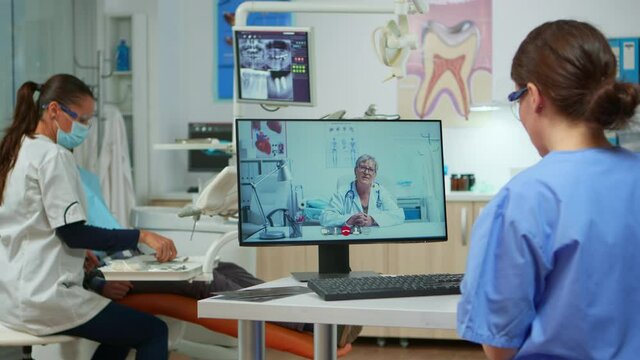Introduction
Language barriers remain one of the biggest challenges in healthcare. Patients who cannot effectively communicate with providers face higher risks of misdiagnosis, treatment delays, and poor health outcomes. In a diverse society where multilingual patients are common, clinics and hospitals need practical solutions to ensure every patient feels understood and supported.
A Bilingual Medical Virtual Assistant (MVA) is one of the most effective ways to bridge these communication gaps. By combining medical expertise with bilingual communication skills, these professionals help providers deliver accurate, patient-centered care.
What Is a Bilingual Medical Virtual Assistant?
A bilingual MVA is a trained professional who offers administrative and patient-support services in more than one language. They handle tasks like appointment scheduling, patient follow-ups, insurance verification, and medical documentation while communicating fluently in both English and another language, often Spanish.
This makes them an invaluable resource for practices serving multicultural populations, as they ensure no patient is excluded due to language differences. Clinics can access these services through trusted providers such as Bilingual Virtual Assistants from ProVMA.

Why Language Accessibility Matters in Healthcare
1. Reducing Miscommunication
Studies show that limited English proficiency (LEP) patients are at higher risk for misunderstandings about medications, diagnoses, and treatment plans. Bilingual MVAs eliminate these gaps by translating complex medical information into the patient’s preferred language.
2. Improving Patient Satisfaction
Patients who can express themselves freely are more likely to trust their providers. Clear communication builds rapport, improves adherence to care plans, and increases overall satisfaction.
3. Supporting Compliance and Ethics
According to the U.S. Department of Health & Human Services (HHS), healthcare organizations are required under federal law to provide language access services. Using a bilingual MVA not only enhances patient care but also supports compliance with these legal obligations.
Key Responsibilities of a Bilingual Medical Virtual Assistant
Patient Communication
They answer patient calls, provide reminders, and handle follow-up care conversations in both English and another language.
Medical Administration
Tasks like chart updates, insurance eligibility checks, and documentation are performed with accuracy and attention to detail.
Telehealth Support
As virtual healthcare continues to grow, bilingual MVAs ensure patients can participate fully in online consultations without language obstacles.
Care Coordination
They act as a bridge between patients, providers, and families—helping schedule visits, explain procedures, and provide clarity about billing.
Benefits for Clinics and Patients
Enhanced Efficiency
Doctors and nurses save time when a bilingual MVA manages communication and administrative work.
Cost Savings
Hiring a virtual assistant is often more affordable than maintaining full-time in-house bilingual staff.
Expanded Reach
Clinics can confidently serve a wider patient base, including growing Spanish-speaking populations in the U.S.
Stronger Patient Engagement
Patients are more likely to attend appointments, follow treatment plans, and stay engaged with their healthcare journey.
The Role of Bilingual MVAs in Multicultural Communities
In communities with diverse populations, the value of bilingual support cannot be overstated. For example, Hispanic patients represent nearly 20% of the U.S. population and continue to grow in numbers. Ensuring they have equal access to care is both a medical necessity and a community responsibility.
Solutions such as Virtual Medical Support Services make it possible for providers to deliver culturally competent, patient-focused healthcare without overburdening their staff.

Conclusion
Language should never be a barrier to quality healthcare. A Bilingual Medical Virtual Assistant provides the communication skills and administrative expertise needed to improve patient care, reduce risks, and ensure compliance with federal requirements.
Healthcare providers ready to bridge language gaps and enhance patient trust can explore Bilingual Virtual Assistant solutions to build stronger connections with their patients.



